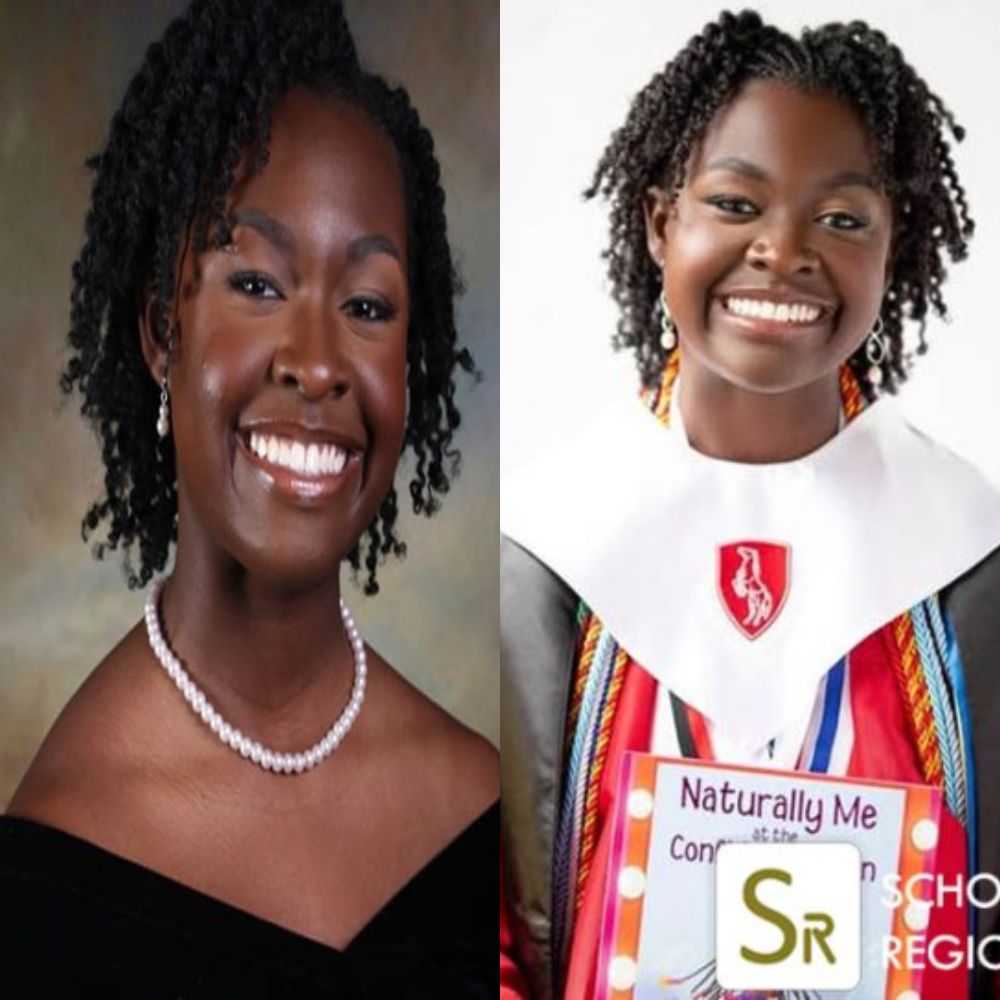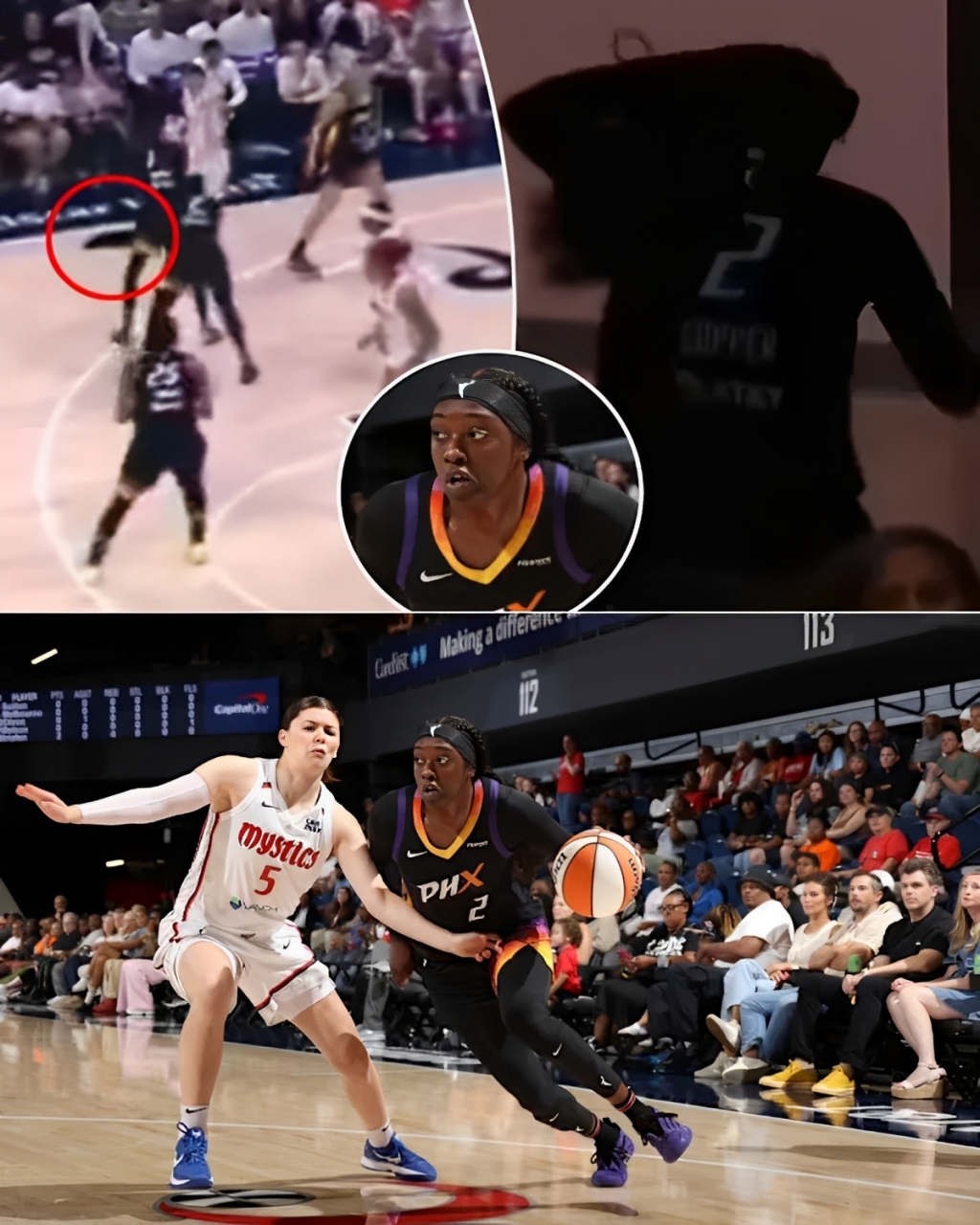Mother and daughter, Nija and Ambrealle Butler, graduated together from the Baton Rouge General School of Nursing in the United States.
Nija Butler gave 𝐛𝐢𝐫𝐭𝐡 to Ambrealle when she was still in high school. Over time, they grew closer than most—Nija often referred to Ambrealle as her best friend and sibling, considering that they grew up together.
“I had her when I was in high school, so we grew up together basically as siblings. She’s my best friend, she’s my confidante,” she said.

However when Ambrealle was in her late twenties, a routine doctor’s visit changed everything. She was told one of her kidneys was spilling too much protein.
They ran more tests on her, and the result was devastating. She had a rare kidney disease—focal segmental glomerulosclerosis—which could lead to total kidney failure if she did not start dialysis or get a transplant.
“We went back in to get the results, and he pretty much said you won’t live if you don’t get a kidney or dialysis,” Ambrealle said.
For Nija, hearing those words was like living her worst nightmare. She felt helpless watching her daughter struggle with something she could not fix. For five years, she was in and out of the hospital doing dialysis.
Hooked up to a machine for up to 13 hours a day, she battled exhaustion, fear, and frustration—often with tears in her eyes. Through it all, Nija stayed by her side. On the hardest days, she would climb into bed with her just to be close, even if there was nothing more she could do.
“As a mother, you want to be the person that can fix anything that’s going on for your 𝘤𝘩𝘪𝘭𝘥, and at that moment, I knew there was nothing I could do,” Nija Butler said.
After a particularly difficult phone call where Ambrealle broke down crying, Nija decided to get tested to see if she could donate one of her kidneys.
She did not tell her daughter at first, not wanting to raise false hope. The chances of being a match were low, but not impossible. Fortunately, Nija’s kidney was the perfect match for transplant.
The surgery was successful, and when doctors told her the kidney was working, she felt like she could finally breathe again.“All I could do was kiss her, hug her, and I just wanted to touch her to make sure she was OK,” Nija said.
“She gave 𝐛𝐢𝐫𝐭𝐡 to me, and she gave me a second chance at life. She gave me life twice,” Ambrealle added. With her health restored, Ambrealle decided it was time to chase her dream of becoming a nurse, and she planned to do it with her mother. Both of them applied to nursing school.
Nija was accepted first, and when Ambrealle did not make the initial list, Nija refused to go without her. But just one day before classes started, Ambrealle was offered a spot.
Together, they enrolled in the 16-month registered program at Baton Rouge. They pushed through tough classes, long nights of studying, and endless hours in the lab.
For Ambrealle, nursing was not just a career—it was a calling 𝐛𝐨𝐫𝐧 from her own experience. She often said it meant everything to be the nurse who truly understood what her patients were going through.
Now, they graduated together, ready to begin their careers helping others, just as they once helped each other. Though they may take different paths in their medical journey, they are committed to always moving forward together.
Looking ahead, they have dreams of starting a business together, one dedicated to supporting kidney patients and their families





